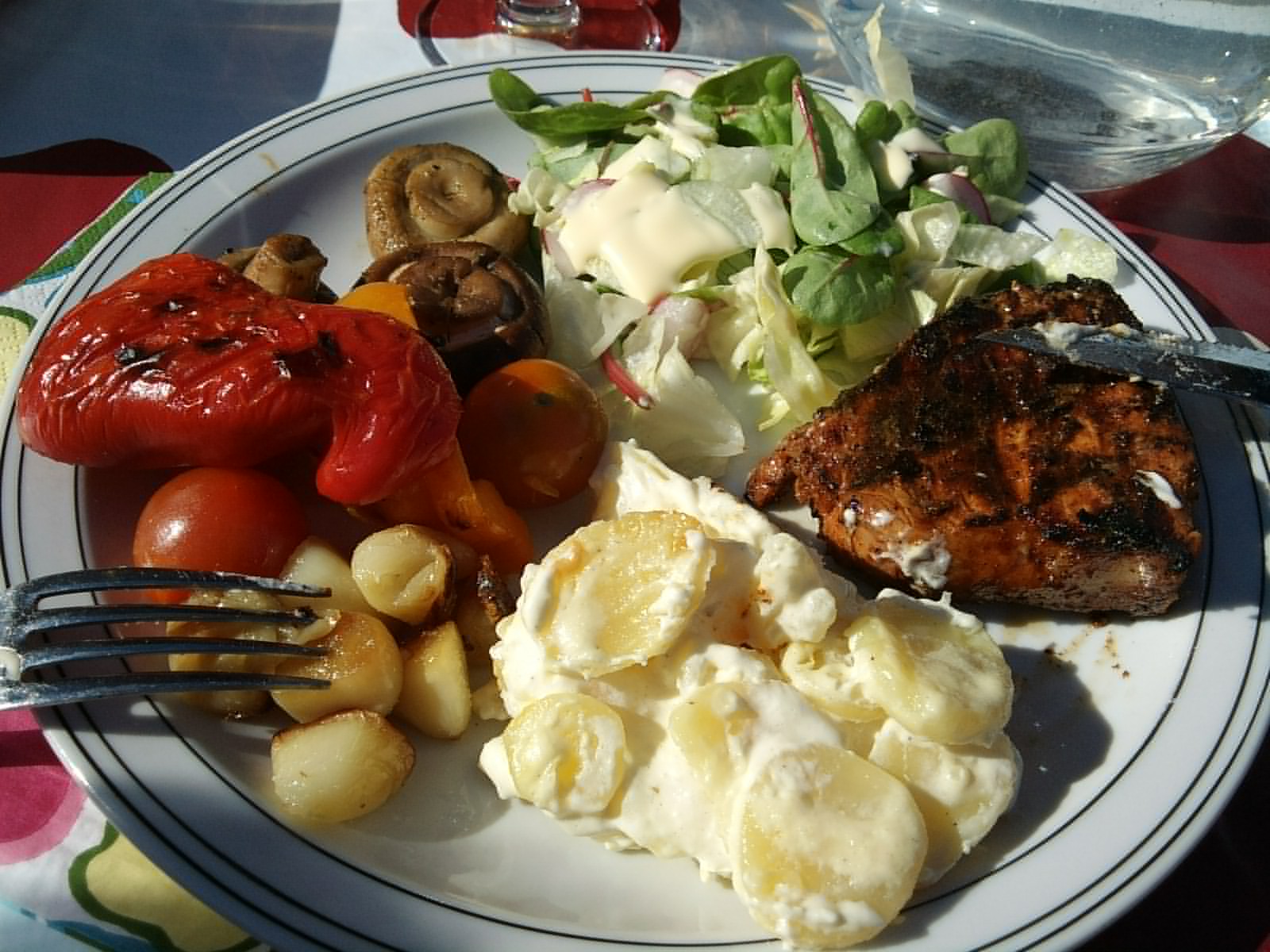Researchers slam low carb diets
New advice from Livsmedelsverket (the National Food Agency) conflicts with the LCHF diet.
-
 How to eat healthy? Livsmedelsverket (the National Food Agency) slams the popular low carb high fat diet in their new recommendations for what to eat, saying to cut out meat, use low-fat dairy products and the old adage: more vegetables.
How to eat healthy? Livsmedelsverket (the National Food Agency) slams the popular low carb high fat diet in their new recommendations for what to eat, saying to cut out meat, use low-fat dairy products and the old adage: more vegetables. -
-
Swedes have for years followed the popular LCHF (low carb high fat), and have consumed fats and meats like never before. But now new advice from Livsmedelsverket (the National Food Agency) conflicts with the diet. “We see this diet as a backlash to the food habits that gave Sweden high levels of coronary heart diseases,” says Irene Mattisson, assistant director at the risk and nutrition evaluation department at Livsmedelsverket.
It’s the first time in eight years that the agency is releasing new guidelines. More than 100 scientists and experts from the five Nordic countries have collaborated in putting together recommendations for what we ought to eat. We've heard much of it before: skip soda, candy and cookies; eat lots of fruit and vegetables. But some of the recommendations go against earlier trends, especially the LCHF diet.
“The problem with LCHF is that it’s goes against science,” Mattisson says. According to LCHF, you are to cut down on carbohydrates and eat more meat, however the new report has scientists saying the exact opposite: Cut down on red meat, butter and fat milk. Consume instead low-fat dairy products, vegetable oils and whole grain breads. “The biggest problem with LCHF is the view on fat. Butter, sausages, fat cheeses and the classic snack with butter in the bacon,” Mattisson adds.
However, Livsmedelsverket meets with opposition. LCHF-expert and author Lars-Erik Litsfeldt has looked at the new guidelines, and feels there’s confusion among the conclusions drawn by the scientists. Cutting down on red meat is something he doesn’t agree with at all. “When studies like these are being performed, meat is grouped with sausages and head cheeses, and that’s not fair,” he points out. According to Litsfeldt, red meat is something that has sustained humans for a long time, whereas sausages are more of a cocktail of different ingredients and should not be put in the same category as regular meat.
The new guidelines also warn against saturated fats. Replace the high-fat daily products with low-fat versions and the butter with margarine and vegetable oils. “They have no support for this,” counters Litsfeldt. “You don’t get full (with those products) and will eat more of other things instead.” Not until fall will the results from the study be published, and that’s also when Livsmedelsverket will give their final opinions. -
-
